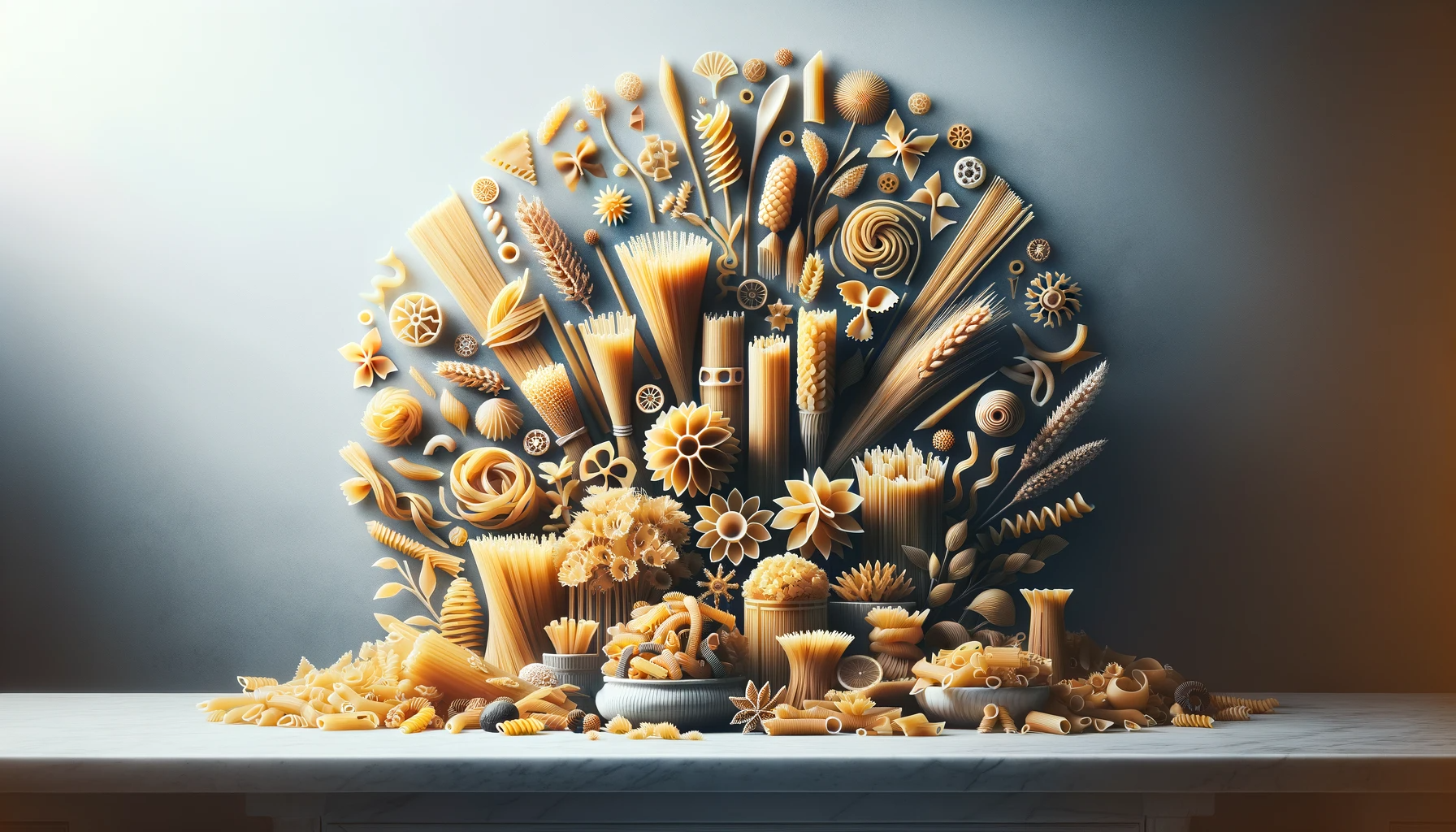In the culinary world, pasta is a universally beloved dish that has been embraced by cultures worldwide. While pasta itself is a simple creation, its versatility knows no bounds. Artisanal pasta, in particular, has gained immense popularity for its exceptional quality and unique flavors. What sets artisanal pasta apart from the run-of-the-mill variety? It’s the use of specialty ingredients that take this humble dish to new heights. In this article, we’ll explore the essential role of specialty ingredients in artisanal pasta, highlighting the significance of each component in creating a delectable and unforgettable pasta experience.
The Essence of Artisanal Pasta
Artisanal pasta is characterized by its handcrafted nature, premium ingredients, and traditional production methods. Unlike mass-produced pasta, artisanal pasta is made with great care and attention to detail, resulting in a superior taste and texture. One of the key factors that elevate artisanal pasta is the incorporation of specialty ingredients.
The Flour: A Foundation of Quality
1. Premium Flour Selection
The heart and soul of pasta-making begin with the flour. Artisanal pasta makers are known for their meticulous selection of high-quality flours. Durum wheat semolina, often used in traditional Italian pasta, is renowned for its high protein content and gluten strength. This choice of flour is fundamental to achieving the ideal pasta texture and flavor.
2. Specialty Flours and Grains
Some artisanal pasta makers go beyond durum wheat semolina and experiment with specialty flours and grains to create unique pasta varieties. These may include spelt, farro, kamut, or even gluten-free alternatives like rice or chickpea flour. Each specialty flour imparts distinct flavors and nutritional benefits to the pasta, catering to a diverse range of tastes and dietary preferences.
The Eggs: Adding Depth and Richness
1. Fresh, Local Eggs
Many artisanal pasta recipes call for fresh, locally sourced eggs. These eggs contribute a richness and depth of flavor that cannot be replicated with commercial egg substitutes. The use of eggs is especially prevalent in egg-based pasta, such as tagliatelle or pappardelle, where the yolk imparts a luscious, golden hue.
2. Vegan Variations
For those seeking vegan options, artisanal pasta makers may utilize specialty ingredients like aquafaba (chickpea brine) or flaxseed gel to bind their pasta dough. These alternatives maintain the traditional pasta-making process while accommodating dietary preferences.
The Water: A Balance of Purity
1. Natural Spring Water
Water is an often-overlooked ingredient in pasta production. Artisanal pasta makers may use natural spring water sourced from pristine environments. This pure water imparts a clean and crisp taste to the pasta, enhancing its overall quality.
2. Flavorful Infusions
To infuse additional flavor into the pasta, some artisans use water infused with herbs, vegetables, or spices. This infusion process allows the pasta to absorb subtle nuances and create an extraordinary taste experience.
The Unique Flavors: Infusing Creativity
1. Herbs and Spices
Artisanal pasta makers often experiment with a plethora of herbs and spices, ranging from basil and saffron to chili flakes and black truffle. These ingredients are added directly into the dough, infusing the pasta with distinctive aromas and tastes.
2. Vegetable Purees
For vibrant and colorful pasta options, vegetable purees like spinach, beetroot, or roasted red pepper can be blended into the dough. This not only enhances visual appeal but also imparts a subtle earthy sweetness to the pasta.
The Specialty Additions: Texture and Character
1. Cheese Varieties
To add complexity and creaminess, artisanal pasta may incorporate a variety of cheeses, such as Parmesan, Pecorino, or Gorgonzola. These cheeses can be mixed into the dough or used as a garnish, creating a rich and indulgent pasta experience.
2. Nut Flours and Seeds
Artisanal pasta makers occasionally incorporate nut flours like almond or hazelnut for a nutty undertone. Seeds like poppy seeds or sesame seeds can also be added for a delightful crunch and texture.
Conclusion: A Culinary Symphony
In the world of artisanal pasta, the role of specialty ingredients cannot be understated. From premium flours to unique flavor infusions, each component contributes to the creation of a culinary masterpiece. Artisanal pasta transcends mere sustenance; it is a symphony of flavors, textures, and craftsmanship that delights the senses and honors the rich tradition of pasta-making. Whether you’re a pasta enthusiast or a connoisseur of fine cuisine, exploring the world of artisanal pasta is a journey worth embarking upon. It’s a celebration of the culinary arts and a testament to the power of specialty ingredients in transforming a humble dish into a culinary masterpiece.
